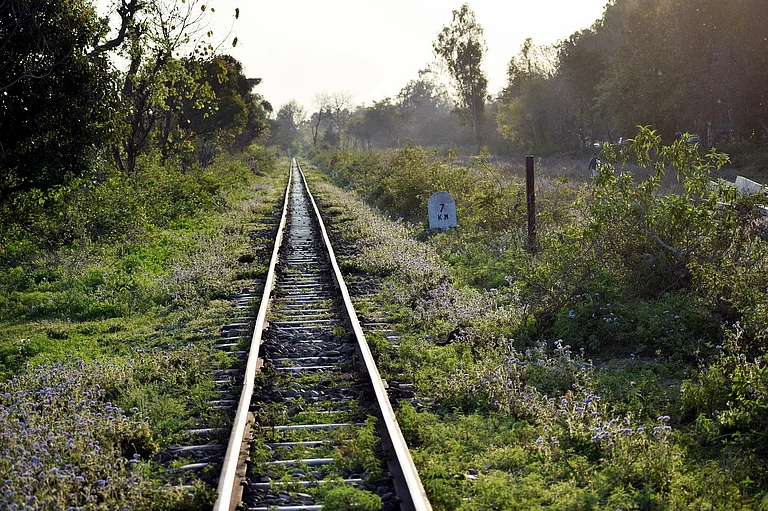The Western Railway has taken the decision to convert luggage compartments of local trains into special elderly-exclusive rail coaches. The initiative was taken to enhance the comfort of senior citizens. Those residing in suburban Mumbai and taking local trains for daily commutes will get relief as they will have an exclusive coach for them to travel in. It promotes senior citizens' safety and comfort for seniors in India. This initiative will help seniors in many ways, reducing accidents while boarding or de-boarding the train.
Why the Change is Needed
Currently, local trains have only 14 seats reserved for senior citizens. These seats are split between the third and twelfth coaches from the Churchgate end. But during peak hours, these seats are often taken by younger passengers. Many elderly passengers are left standing or struggle to get into the crowded trains, which can be unsafe.
Coach Location and Capacity
The coaches which will be converted are the seventh one from the Churchgate side, which is usually used as a luggage van. After conversion, these coaches will have 13 seats for senior citizens and space for 91 people to stand. The coach will also have special doors to help railway staff manage entry and exit during busy times.
Rollout Plan and Cost
The plan will be carried out on 105 non-air-conditioned local trains. These changes will be made step by step over the next year. The total cost of the project is expected to be around 5.4 crore rupees. Tenders have already been issued, and the work has started.
About 50,000 senior citizens travel daily on Mumbai's local trains. With the introduction of a dedicated coach, elderly passengers will finally have a safe and comfortable space. The move is expected to make a big difference for those who currently find it difficult to travel during crowded hours.
High Court's Role
In 2014, the Bombay High Court had asked for 14 seats to be reserved for senior citizens in every local train. But over time, these seats were often used by general passengers. The new decision to provide an entire coach follows a fresh push from the court to ensure the safety and dignity of elderly passengers.
Why Luggage Vans Were Chosen
Luggage vans take up about 6 per cent of the space in local trains but carry less than 1 per cent of passengers. In reality, regular passengers mostly use these vans when other coaches are full. This underuse made them the best option to convert into something more useful, like a coach for senior citizens. Until the conversion work is finished on all 105 trains, the existing reserved seats will continue to be available. Once the new coaches are added, they will serve as a dedicated area for senior passengers.
Benefits of the New Coach
There are several clear benefits to this new setup:
More space: Senior citizens will get more seating and standing space.
Better safety: With less crowding, the risk of falls and injuries will go down.
Respect and comfort: Elderly passengers will not have to compete with others for their rightful space.
Challenges Ahead
To make this project successful, a few things need to be managed properly:
All departments, including Western Railway, Central Railway, and Railway Board, must work together.
The work of converting coaches must be done on time.
Passengers must be informed about the changes and how to use the new coach.
The new system should not disturb the regular working of the trains.
A Step Towards Inclusive Travel
This move by Western Railway shows that public transport can be made more inclusive and caring. Giving a dedicated coach to senior citizens is not just about safety; it also shows respect and concern for their needs. If this step works well, it could become a model for other cities and train networks in the country.












